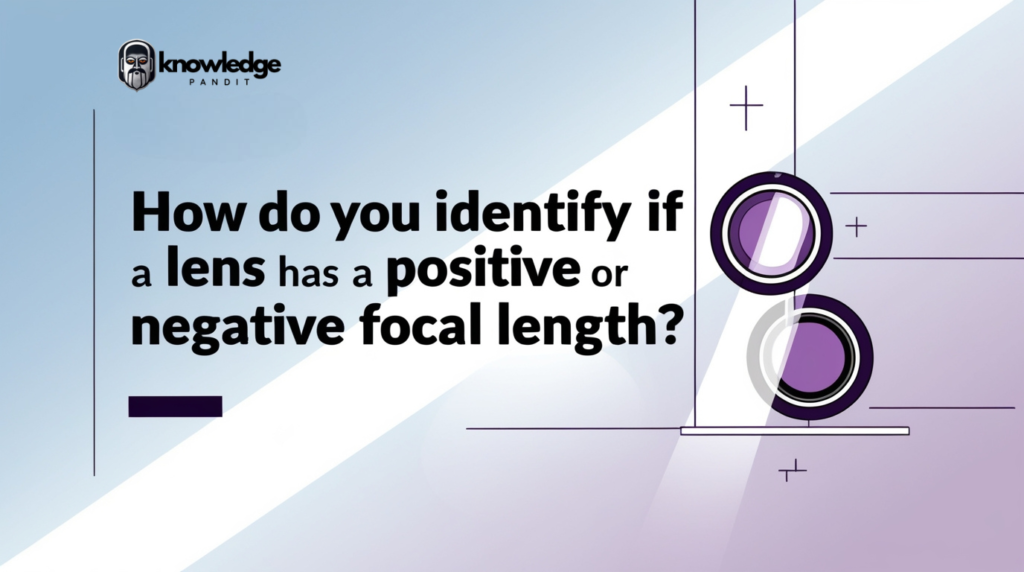Solution:
To prove that √2 is an irrational number, we will use the contradiction method.
Assumption:
Let us assume that √2 is a rational number. By definition, a rational number can be expressed in the form of p/q, where:
- p and q are integers.
- p and q are co-prime (have no common factor other than 1).
- q ≠ 0.
Thus,
√2 = p/q
Step 1: Squaring both sides:
(√2)² = (p/q)²
∴ 2 = p²/q²
∴ 2q² = p²
Step 2: Implication:
Since p² = 2q², p² is divisible by 2.
If p² is divisible by 2, then p must also be divisible by 2 (because the square of an odd number is always odd).
Let p = 2x, where x is an integer.
Step 3: Substituting p = 2x into the equation:
2q² = (2x)²
∴ 2q² = 4x²
∴ q² = 2x²
Step 4: Implication:
Since q² = 2x², q² is divisible by 2.
If q² is divisible by 2, then q must also be divisible by 2.
Step 5: Contradiction:
If both p and q are divisible by 2, they share a common factor of 2. This contradicts our initial assumption that p and q are co-prime (have no common factor other than 1).
Conclusion:
Our assumption that √2 is a rational number leads to a contradiction.
Hence, √2 cannot be expressed in the form of p/q, and it is, therefore, an irrational number.




